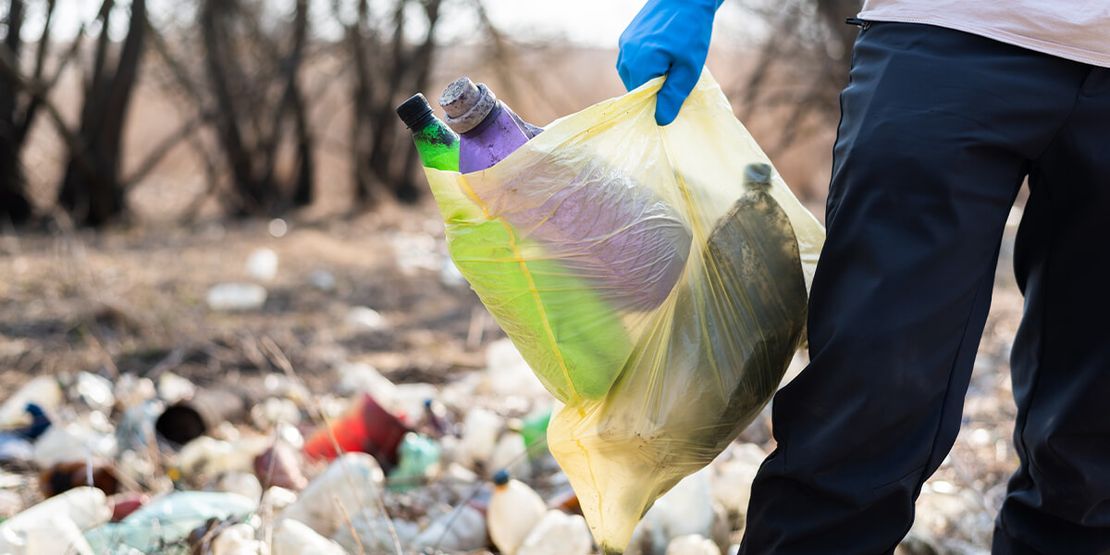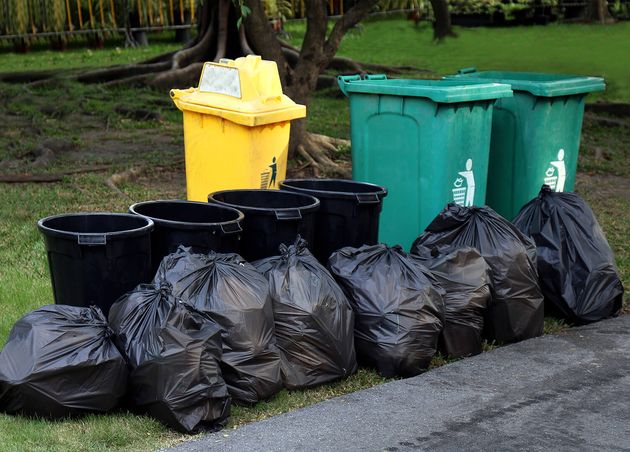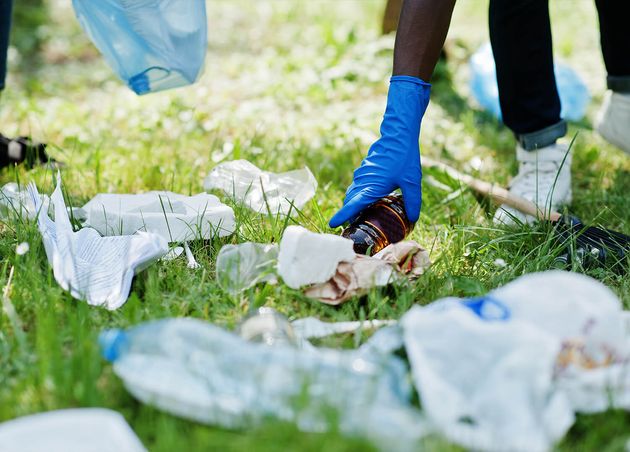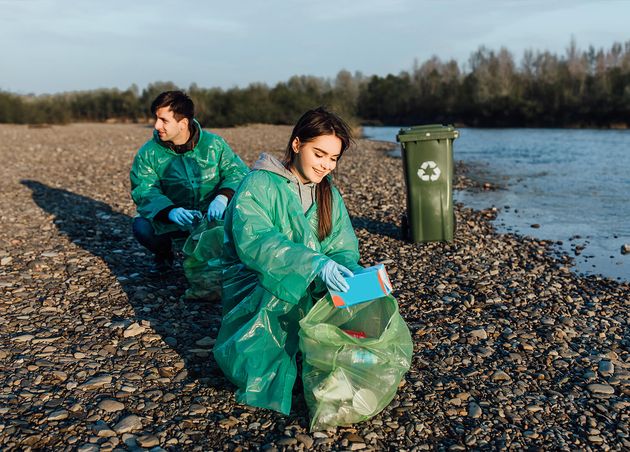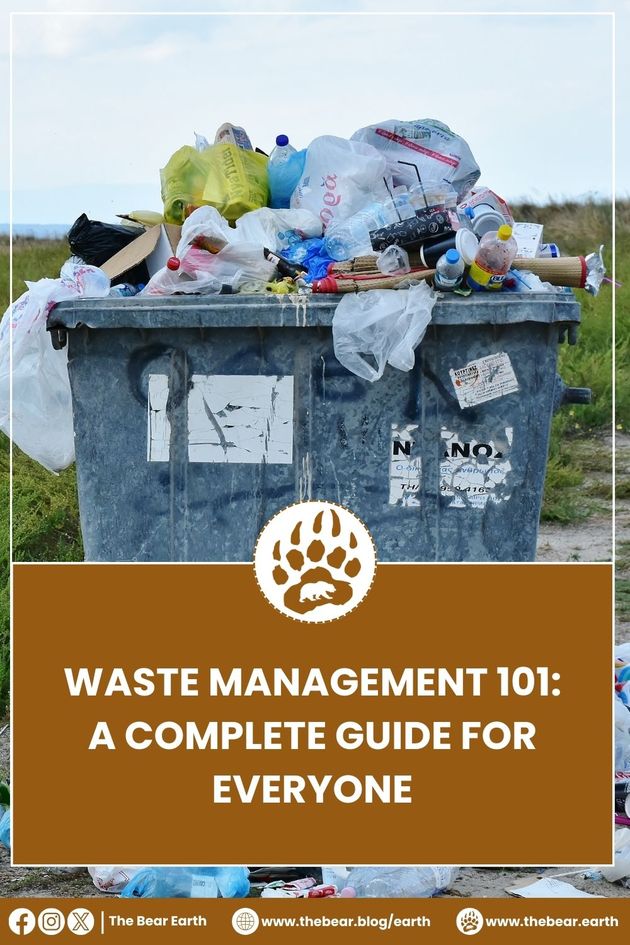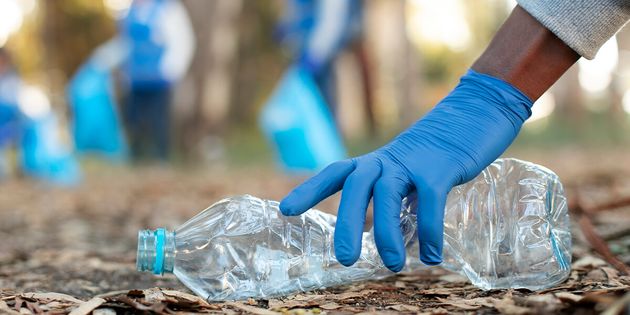Waste Management 101: A Complete Guide for Everyone
Waste is composed of unwanted and unused materials discarded from various sources, including homes, workplaces, hospitals, schools, industries, and vehicles. While some waste can break down naturally, other types are more persistent, leading to pollution that adversely affects our daily lives, community health, and the environment.
Effective waste management is a critical global industry. Proper disposal is essential to prevent the excessive accumulation of waste, which can rapidly damage ecosystems and exacerbate environmental problems. The consequences of inadequate waste management are profound, underscoring the need for comprehensive practices.
This article aims to thoroughly understand waste, its impacts, and strategies for reducing or eliminating it. Join us as we explore the fundamentals of waste management and its importance in protecting our planet.
Effective Strategies to Prevent Waste
Implementing quick, environmentally friendly home improvements can have a long-term positive impact on the environment. Here are some practical suggestions:
Use Reusable Bottles and Cups
One of the simplest yet most effective ways to prevent waste is by using reusable containers. Many of us already own reusable cups or water bottles but may not use them as often as we should. By making a conscious effort to use these containers regularly, you can save money, reduce waste, and conserve resources.
Carrying your own water from home can also reduce the temptation to purchase expensive beverages while out. This practice minimizes the need for single-use containers. Although many cans and bottles are recyclable, their production, transportation to bottling plants, and distribution require significant energy. By using reusable containers, you cut down on these energy demands and contribute to a more sustainable lifestyle.
Use Reusable Shopping Bags
Just like reusable water bottles, many of us already own reusable grocery bags but often forget to take them when we go shopping. To help you remember, consider adding a note at the top of your grocery list or storing the bags in a visible, convenient place.
Using reusable shopping bags not only reduces the need for single-use plastic bags but can also save you money, as many stores offer a small discount for each bag used. Additionally, these bags can be used for more than just groceries—consider them for any shopping needs to further reduce your plastic use.
Make Sensible Purchases and Recycle
Recycling is another effective strategy to reduce waste. By repurposing materials into new products, recycling keeps valuable resources out of landfills. Proper recycling reduces contamination in the recycling stream, ensuring that more materials are successfully processed and reused.
To cut down on waste, opt for products with minimal or recyclable packaging. Check labels before purchasing, as not all plastics are recyclable. Making informed choices about any of the products you buy can significantly reduce your environmental footprint and contribute to a more sustainable lifestyle.
Put It in a Compost
Composting is actually an excellent way to reduce trash. Up to 25% of household waste can be composted in your backyard, including fruit and vegetable scraps, grass clippings, coffee grounds, eggshells, and leaves. Although it requires more effort than some lifestyle adjustments, composting offers significant rewards.
Depending on conditions, you can produce compost in three to twelve months, providing valuable nutrients for your garden. This can definitely save you money on fertilizer and enhance your vegetable harvests. Additionally, compost helps soil retain moisture, reducing the need for frequent watering and saving both time and money.
Steer Clear of Single-Use Utensils and Food Containers
Reducing single-use plastics is another effective way to cut down on waste. Avoid single-use coffee cups, straws, napkins, and disposable utensils whenever possible. Some establishments offer discounts if you bring your own mug.
Keep a reusable plate, bowl, and cup at work, along with a set of cutlery. Consider purchasing reusable metal straws or avoiding straws altogether. Remember, many plastic items used once end up in landfills despite requiring significant resources for production and transportation. Reducing our consumption of these items can have a substantial environmental impact.
Buy in Bulk at Local Farmer's Markets
Shopping at your local farmer's market is a win-win situation. You'll obtain fresher foods than you might find at big-box grocery stores while supporting regional farmers. Locally grown food doesn't need to be transported far or kept cold during transit, reducing its carbon footprint.
Local farmers often use minimal packaging materials. Many are happy to have you return egg cartons or berry baskets for reuse. Shopping at various stores that sell food in bulk can also significantly reduce packaging waste, but remember to bring your containers.
Reduce Paper Usage for Receipts, Mail, and Newspapers
In today’s digital environment, most businesses offer bills via email, and some even provide incentives for opting in. Many retailers also provide e-receipts, which are harder to misplace than paper receipts, making returns easier. Consider purchasing digital subscriptions to read your favorite magazines on a computer or tablet. Digital subscriptions are often less expensive than their hard-copy counterparts, saving you money while reducing paper waste.
🌱 Eco Fact!
IntechOpen says the rising global population, food supply, and need for survival have caused industries and homes to generate solid waste at a faster rate than before.
Effects of Waste on the Environment
Have you ever thought about how waste affects the environment? It's crucial to understand the impact of our waste disposal habits. Here are some key environmental effects:
Landfills: An Increasing Challenge
The alarming rate at which landfills are filling up results in the loss of natural habitats and an increase in greenhouse gas emissions. Landfills actually emit methane, a potent greenhouse gas that significantly contributes to climate change. This pressing issue calls for a reevaluation of our waste management strategies.
Plastic Pollution: The Oceans' Devastation
Plastic waste is a major environmental threat, particularly to our oceans. Every year, millions and millions of tons of plastic debris enter our oceans, endangering marine life and creating massive garbage patches that are nearly impossible to clean up. This pollution has devastating effects on marine ecosystems and requires urgent action to mitigate.
Toxic Hazard Posed by E-Waste
E-waste, or electronic waste, is among the fastest-growing types of waste globally. When improperly disposed of, e-waste releases hazardous substances into the environment, which contaminates the soil and water sources. However, recycling e-waste can recover valuable materials, reduce the need for mining, and minimize environmental harm.
Food Waste: An International Issue
Annually, nearly 1.3 billion tons of food are wasted, squandering valuable resources and contributing to greenhouse gas emissions. Reducing food waste can help address global hunger and mitigate environmental degradation, making it a critical area for action.
The Effect on Wildlife
Waste, particularly plastic waste, has a severe impact on wildlife. Animals usually become entangled in or ingest plastic debris, leading to injury or death. Protecting wildlife from the harmful effects of waste requires a real collective effort to reduce, reuse, and recycle.
Impact of Hazardous Waste on Human Health
Hazardous substances' entry method into the body significantly influences their potential harm. Some substances penetrate the skin quickly, while others do not. A chemical's toxicity also determines its impact on the body. While some hazardous substances require significant exposure to cause harm, many are dangerous even in small doses.
Studies have shown that the average human body contains up to 300 artificial substances. The presence of these dangerous substances can adversely affect various age groups, including adults, adolescents, and the elderly. The developing organs of a fetus or child are particularly vulnerable, and exposure can cause irreversible damage, making children more susceptible to adverse reactions than adults.
Hazardous substances can contribute to a range of medical conditions across all ages, including:
- Abnormal behaviors
- Birth defects
- Physical deformities
- Cancer
- Physiological issues (such as renal failure and reproductive dysfunction)
Proper disposal of hazardous wastes is crucial to preventing these substances from harming you and your family in the future.
EPA, which is also known as the Environmental Protection Agency, has contributed and developed informational outlines on designated substances to explain how individuals may be exposed to dangerous chemicals and the potential health effects of such exposure. These guidelines also detail the fate of chemicals in the environment, who regulates them, and provide contact information for further inquiries.
🌱 Eco Trivia!
As stated in Addison County, the value of the electronic trash disposed of globally in a single year was projected to be $50 billion.
Reduce Waste and Protect the Environment
It's absolutely essential to consider the long-term effects of waste on local, national, and global levels. Improper waste disposal leads to expanding landfills and the continuous production of hazardous waste.
Whenever you dispose of waste, take a moment to evaluate whether it is harmful to the environment. By opting to reuse and recycle materials instead of throwing them away, you can significantly reduce the presence of hazardous landfills in your community. This mindful approach to waste management helps protect the environment and promotes sustainability.
Eco Bear


